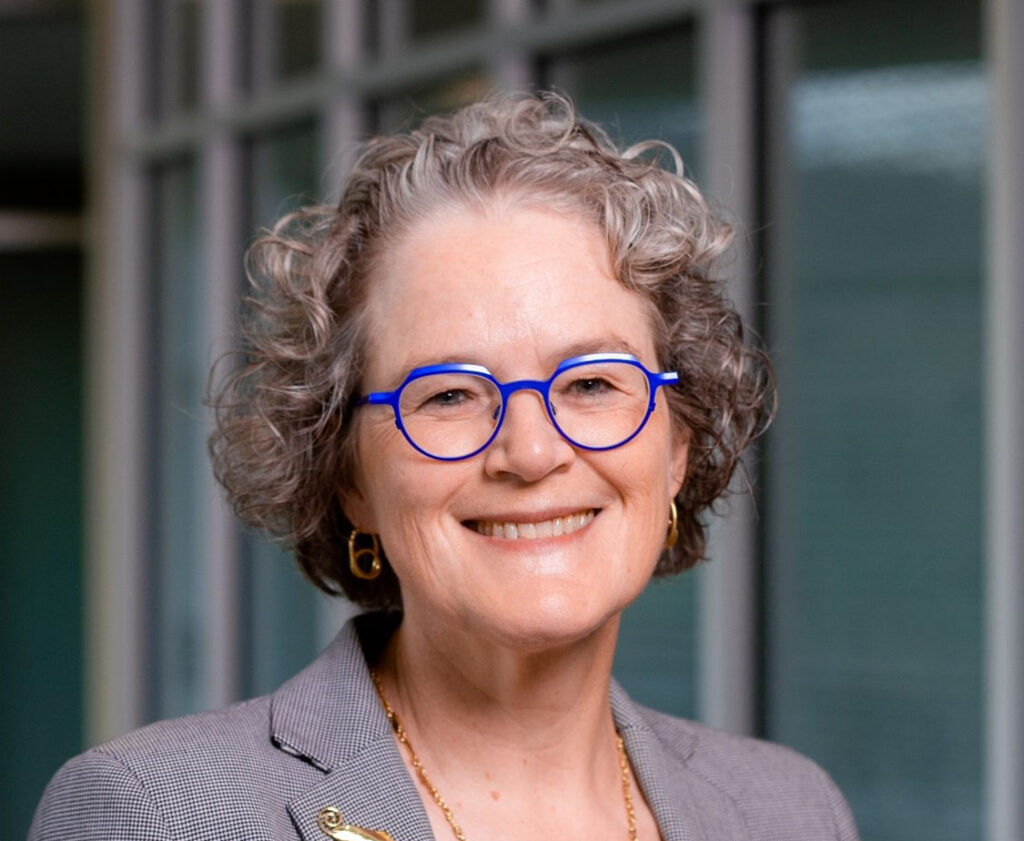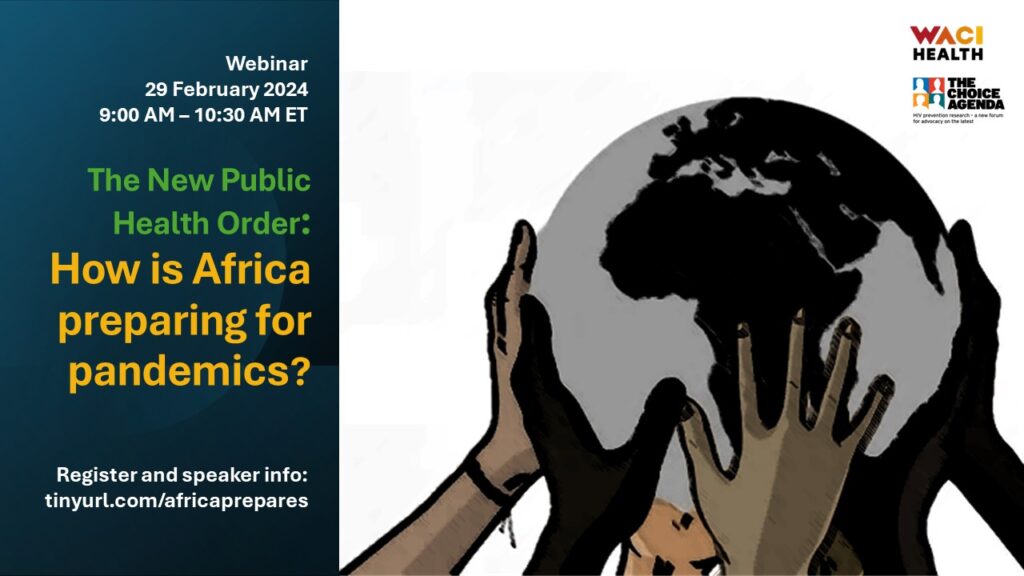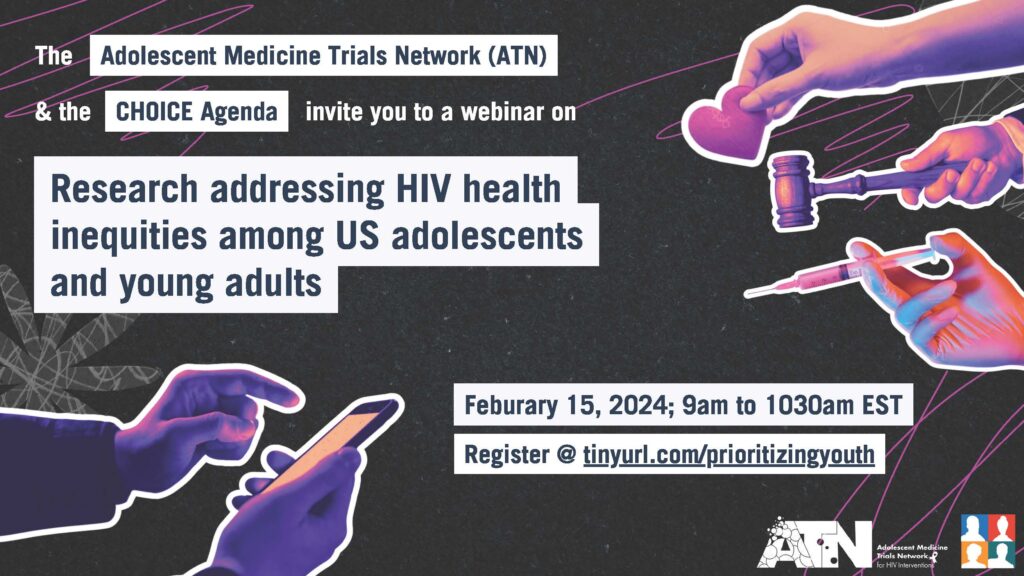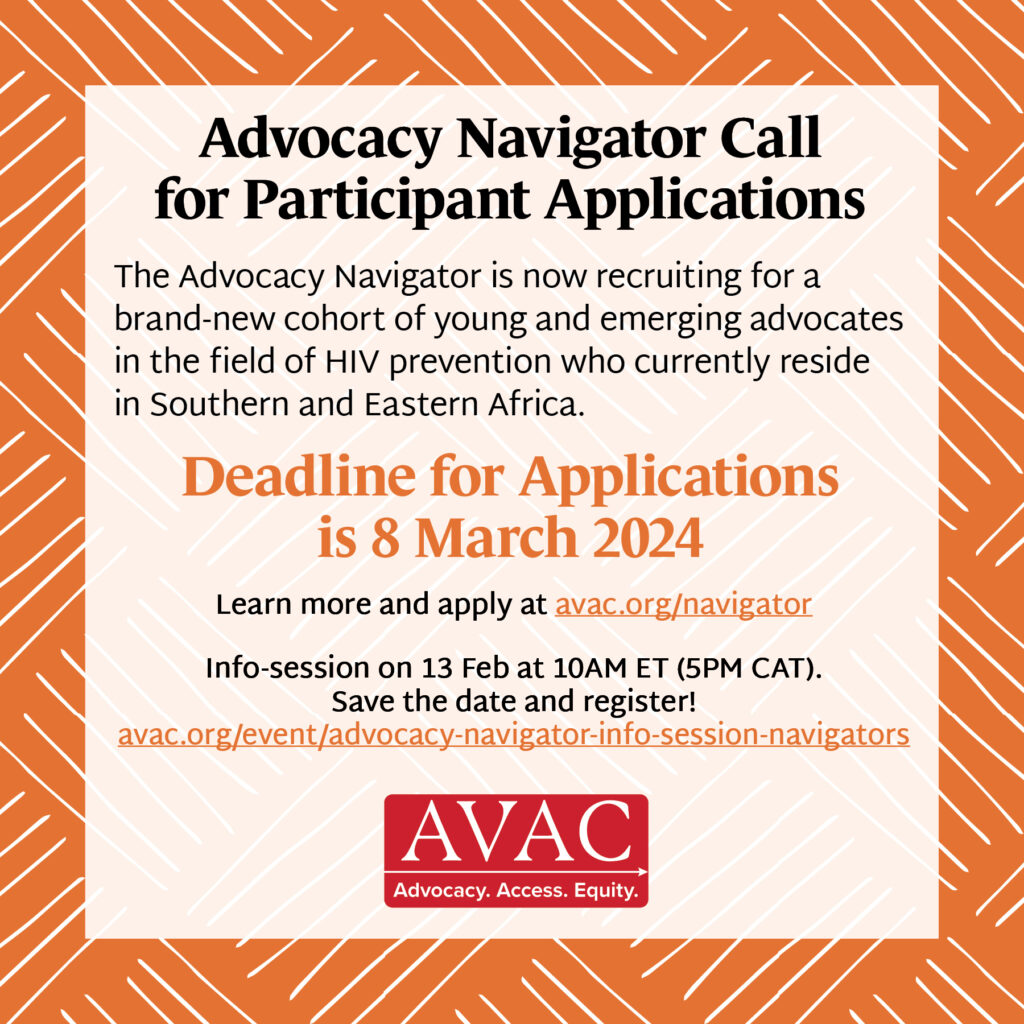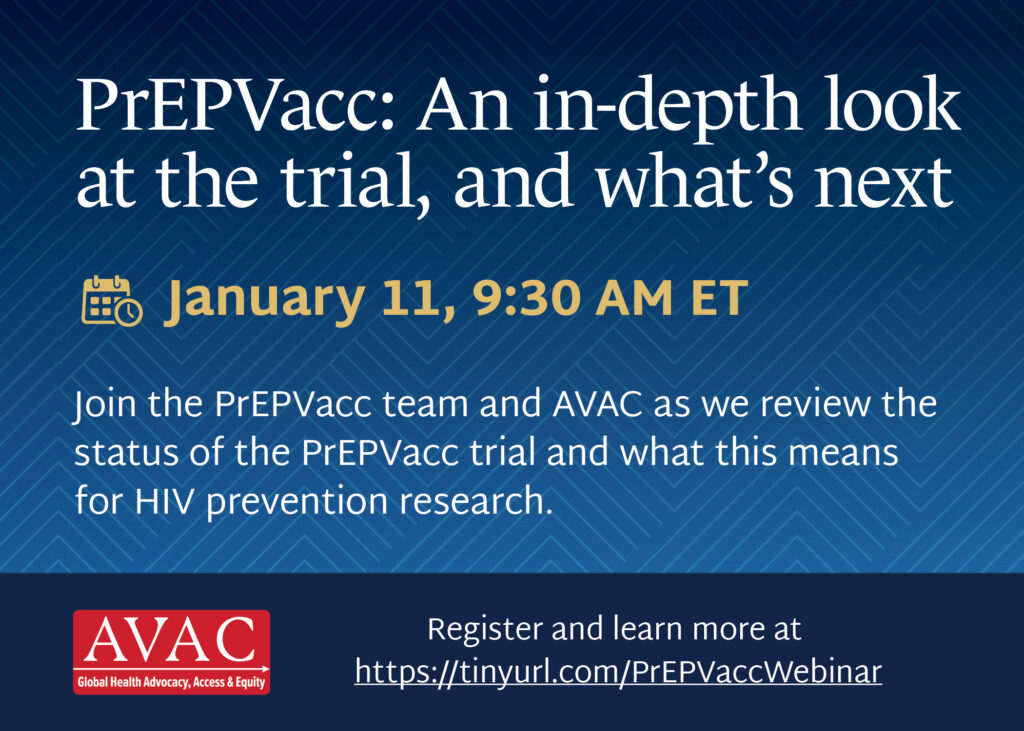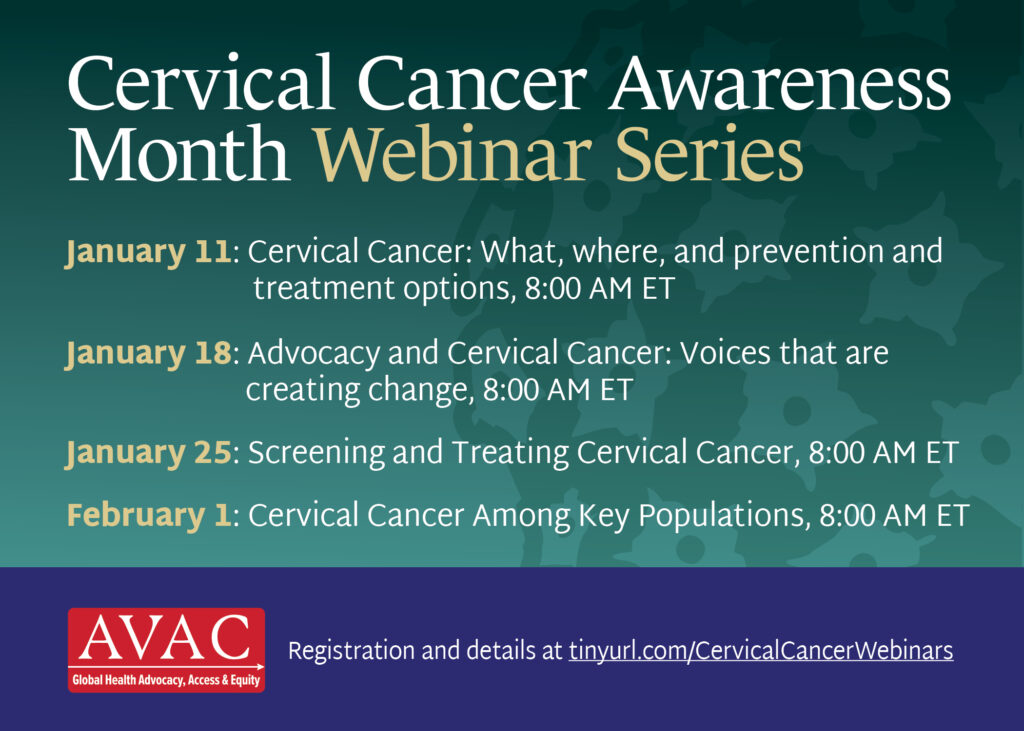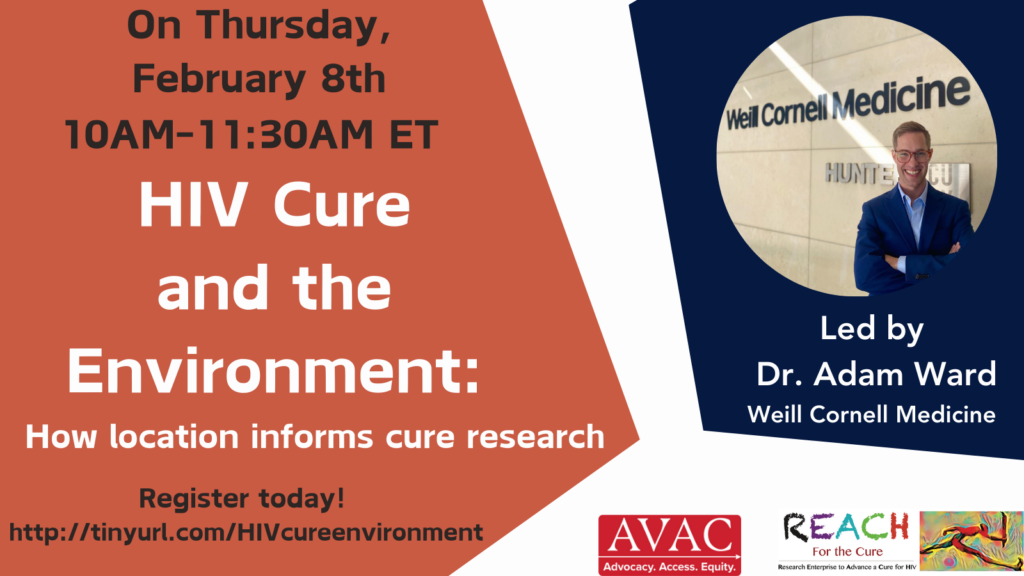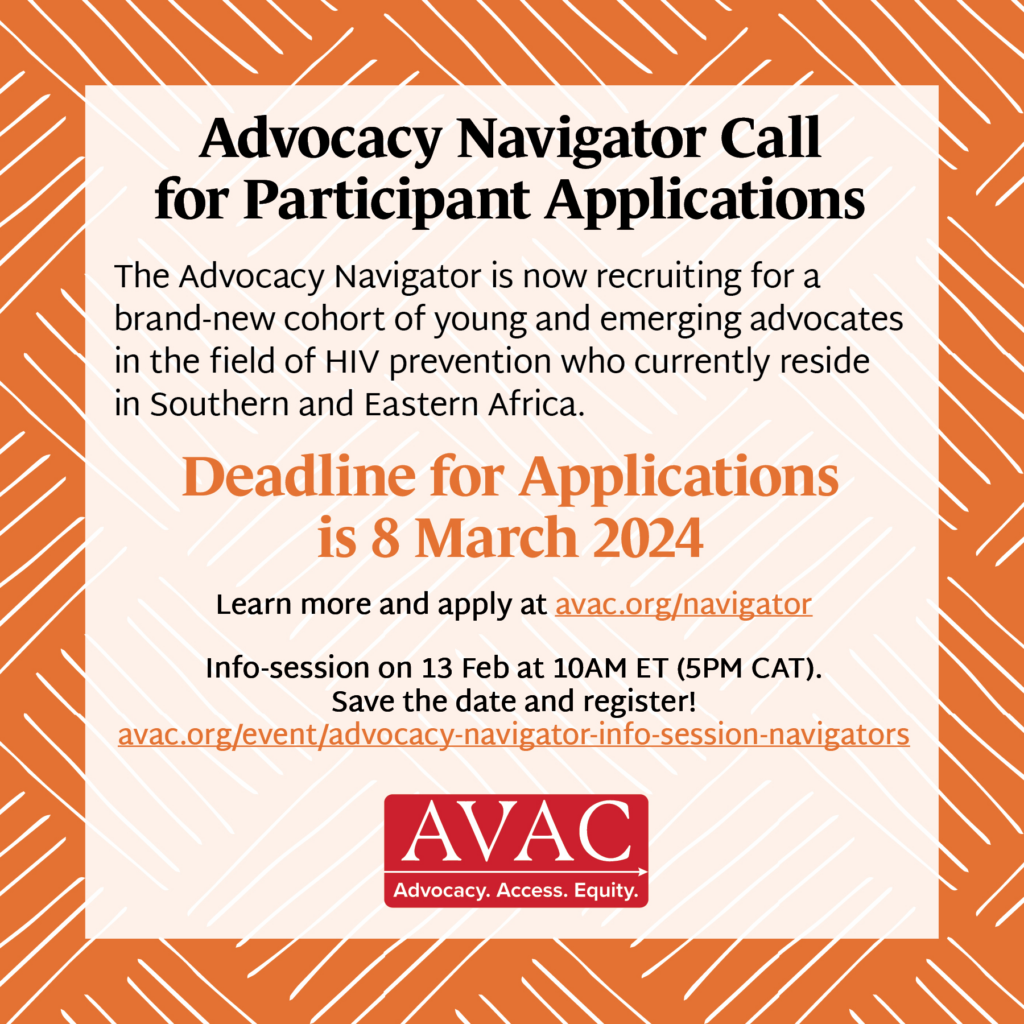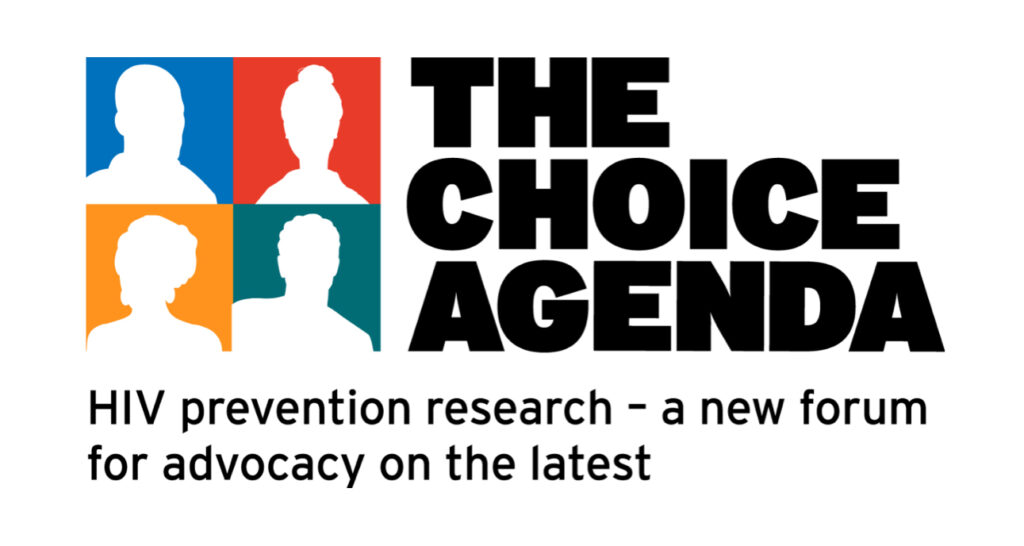Final FY24 Bill Includes Calls for HHS/CDC to Increase PrEP Access
21 March 2024 – PrEP4All, AVAC, HIVMA, and the PrEP in Black America coalition celebrate Congress’ decision to both fund domestic HIV programs at the same level as last year and to lift up calls for a National PrEP Program. The final 2024 Health and Human Services bill rejects extreme cuts to HIV funding proposed by House Republicans in July of last year. The organizations have led the charge on the #SaveHIVFunding campaign following efforts to eliminate $767M in critical funds to end HIV as an epidemic. We additionally thank House and Senate LHHS Appropriations Subcommittee leaders Senators Tammy Baldwin (D-WI) and Shelley Moore Capito (R-WV) and Representatives Robert Aderholt (R-AL) and Rosa DeLauro (D-CT) for working to ensure an effective and ultimately bipartisan outcome.
“Our movement for a National PrEP Program and to end HIV as an epidemic remains strong,” says PrEP4All Executive Director Jeremiah Johnson. “The final bill ultimately shows strong bipartisan support for HIV funding, including PrEP, and rejects the flawed effort by some House Republicans to zero out the Ending the HIV Epidemic Program. We created the #SaveHIVFunding campaign in collaboration with AVAC, HIVMA, and PrEP in Black America knowing that everyone in Congress needed to hear from community advocates in order to be successful in fighting these unnecessary deep cuts. Without this work and the concerted and brilliant efforts of so many HIV organizations within the Federal AIDS Policy Partnership, this win would not have been possible.”
The outcome means that a previous $25M increase going toward CDC’s efforts to improve equitable PrEP access will be preserved, which is critical as advocates continue to engage with CDC on ways to establish a foundation for a National PrEP Program using existing funds. Congress also included final report language directing CDC to increase access to PrEP and cited previous calls from the Senate to establish the “building blocks of a national program to increase awareness of PrEP, increase access to PrEP medication, [and] laboratory services…”
“This outcome is a win for Black communities across the nation who are disproportionately impacted by HIV. Making life-saving treatment and prevention a reality for Black Americans is a possibility because of our relentless advocacy work to #SaveHIVFunding,” says Raniyah Copeland, Founding member of the PrEP in Black America Coalition and Founder of Equity Impact Solutions.
“This has been a long process, and we are grateful to have an outcome that leaves us on firm footing to realize the vision of a National PrEP Program,” says Andrea Weddle of HIVMA. “However, the fight for FY25 is already upon us following this prolonged budget process; meaning that advocates will have to remain vigilant, fight to protect our existing funding, and continue to ensure a clear, immediate, and fully funded pathway toward equitable PrEP access.”
“This is very encouraging news for PrEP advocates, especially following the President’s reintroduction of his proposal for a National PrEP Program last week.” Explains John Meade, Senior Program Manager for Policy at AVAC . “Combined with HIV/AIDS housing advocates’ victory in achieving an FY24 funding increase, I am so proud of our movement and our ability to rally in the face of these threats.”
A National PrEP Program would be a cost effective means to achieve our national goal of Ending the HIV Epidemic by 2030. Pre-Exposure Prophylaxis (PrEP) is a 99% effective use of medication to prevent HIV. Unfortunately 64% of people who could benefit from PrEP do not have access to it. A new study shows that states with the highest PrEP coverage showed an annual percentage decrease in HIV diagnoses of 8% from 2012 – 2021. In contrast, states with low PrEP coverage increased 2% annually. A National PrEP Program will increase access among people who could benefit and address major disparities in access related to race, gender and geographic location. “In the current political environment, this Congressional action is especially noteworthy. But we must never confuse this progress with success; our fights for funding, equity and impact in treating and preventing this epidemic must continue, and funding and implementing a national PrEP program at scale and with urgency remains a huge priority,” said Mitchell Warren, Executive Director of AVAC.
